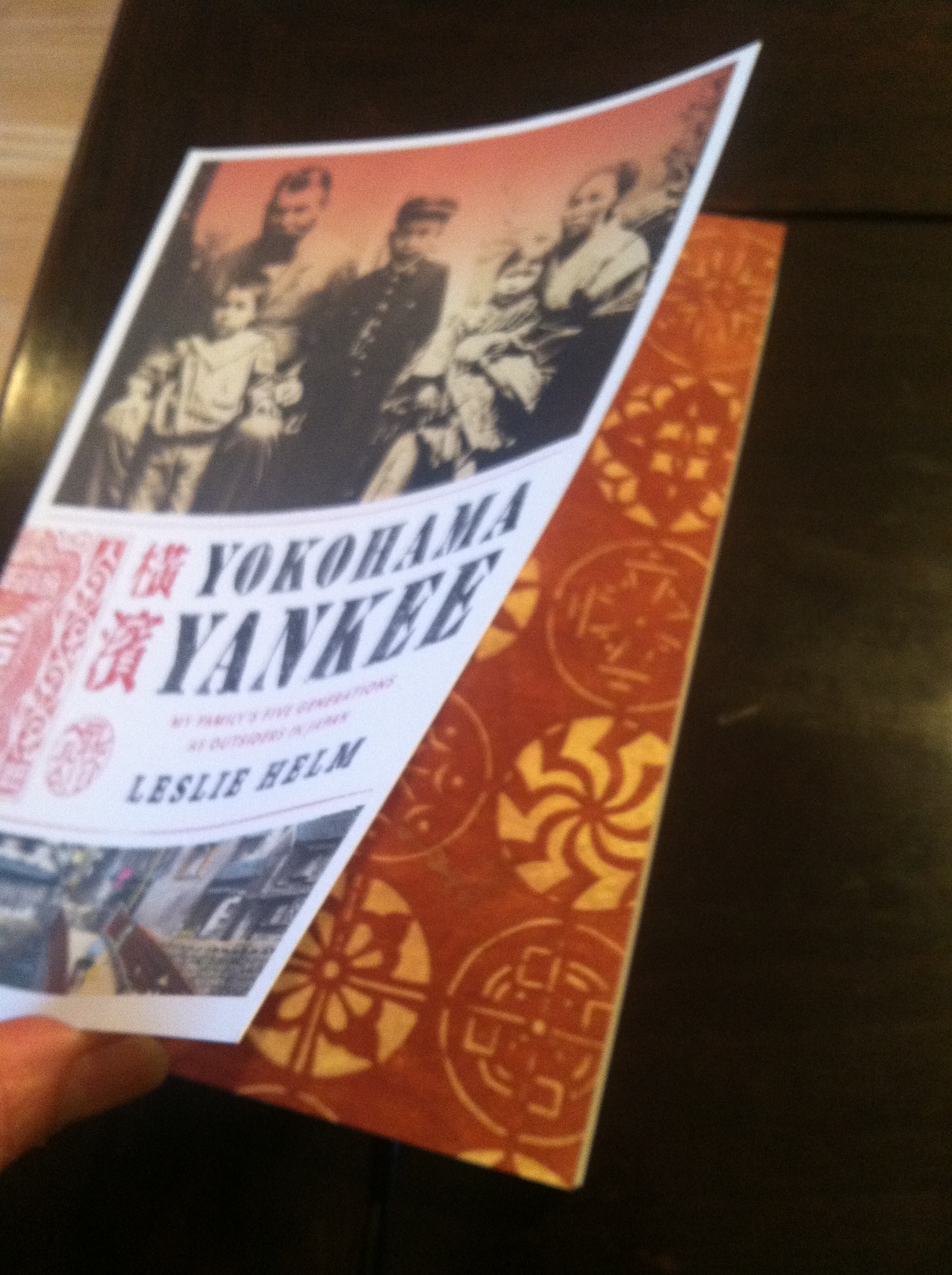Most family stories include tales of relatives who made great successes of thier lives as well as those who failed miserabily. Yokohama Yankee is no exception. Many members of my family, Including my father, did relatively well financially, but were not necessarily happy in their personal lives. When I share stories with my cousins, we often talk about how many of the members of our parents generation became alcoholics at one time or another. Some overcame those challenges. Some did not.
Families who pass on these stories of tragedy and success are doing a better job of preparing their children for the tough times ahead accourding to an article today in the New York Times by Bruce Feiler Feiler cites a study of four dozen families that concluded that “The more children know about their family’s history, the stronger their sense of control over their lives, the higher their self-esteem and the more successfully they believed their families functioned.” The rationale, says Feiler, was that people who knew more of their families had a sense of belonging to something bigger than themselves, something that crossed several generations.
Feiler quotes management guru Jim Collins arguing that a successful family can be similar to a succcessful business enterprise. Collins recommended that families, like good corporations, should have a mission statement that helps to identify their core values.
I’m not sure I believe all of this. It seems to me that the family that passes on to its children all those family stories would also tend to be the families that were well functioning and spent more time together. Since the kids of families who have their act together probably, on the whole, deal better with adversity, than those that do not, the study of the four dozen families that asked family members how much they knew about their grandparents may have simply been measuring the extent to which a family was cohesive and well-organized rather than the extent to which a child feel’s like he or she is part of some kind of intergenerational enterprise..
Even so, as wrirter, I like this notion that stories are important. But, of course, I tend to think stories are important for the lessons they teach regardless of whether those stories about your own family or about someone else’s family. After all, that’s one reason we read: to learn from the experiences of others.
.

Great article. Every person has a story and each one is important.
I find that most people in the States don’t bother asking a person from another country the important questions about their life before the US. Some of the best stories come from the parents and grandparents of my preschool students. They want to be asked about growing up in a war in Iran, or being in an arranged marriage. An Indian whose family had been in Uganda for six generations fleeing Idi Amin, An escape from Cuba and finding the greatness of freedom even if you were eating butter for dinner.
My own very Yankee family, overly proud (and prejudiced!) littered with n’er do wells!
They are our family stories. We own them and we need to pass them on.